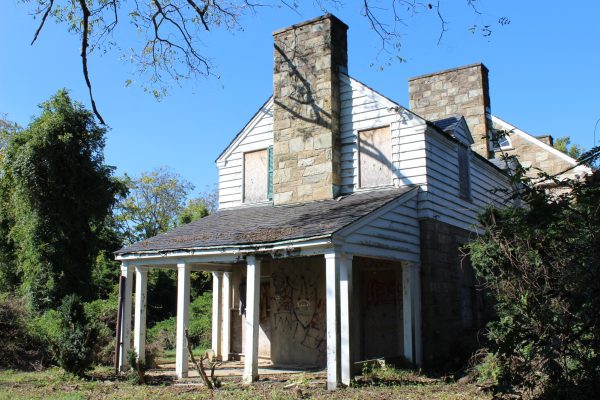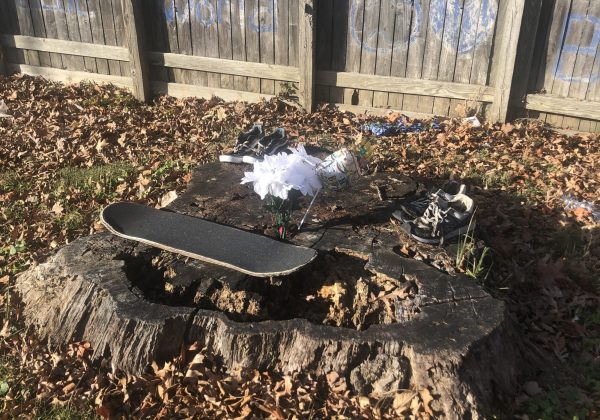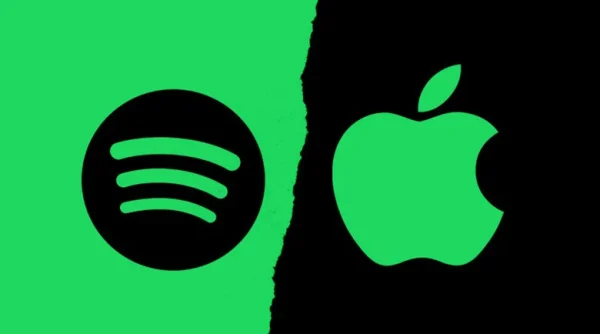States should be free to legalize weed
Jan 29, 2018
As of today, marijuana is still listed as a Schedule 1 drug, rounding out a list that includes substances such as cocaine and heroin. Beginning with the Nixon administration in the 1970s, the United States spearheaded what would come to be called “The War on Drugs.” With Congress’ pass of the Comprehensive Drug Abuse Prevention and Control Act of 1970, the possession, distribution and use of marijuana would be a federal crime.
However, 22 states and the District of Columbia have decriminalized the possession and personal consumption of marijuana. This means there is no arrest or criminal record for first time possession of the drug. In most of states, these offenses are treated similarly to a traffic violation for a first time offense.
In recent months, this difference in direction between the federal and state governments has been growing. Attorney General Jeff Sessions has compared cannabis to heroin.
The pushback from Sessions against state marijuana laws has turned a lot of senators from both parties against him.
Someone in a state where weed has been deemed legal for recreational use could still be arrested by a Federal Marshal for the use and possession of cannabis. This has struck fear into many living in states where weed is legal.
So while the number of states creating legal weed laws continues to grow, the federal government continues to hold strong against weed. The government is relying on rules set before researching marijuana and its effects could be made. Due to the illegality of the drug, no research has been made into sustainable evidence against the drug itself. States have a right to disagree with the Federal Government, and should be allowed to continue.








